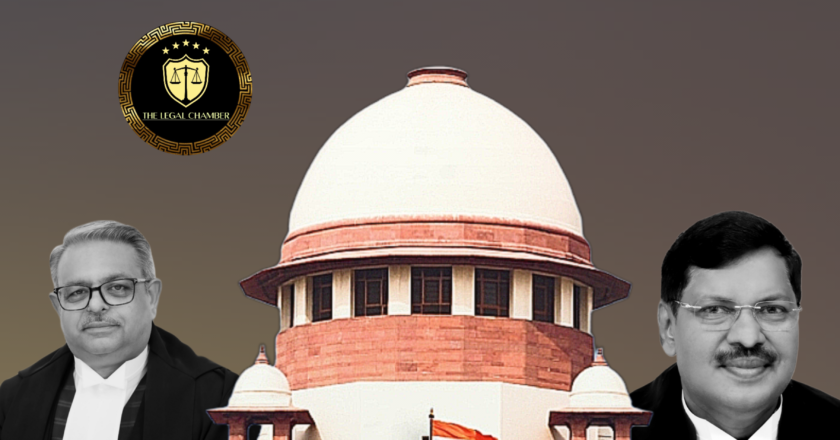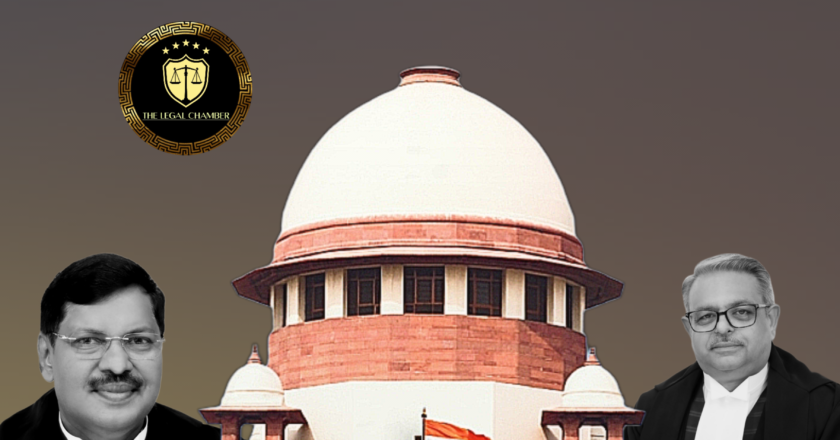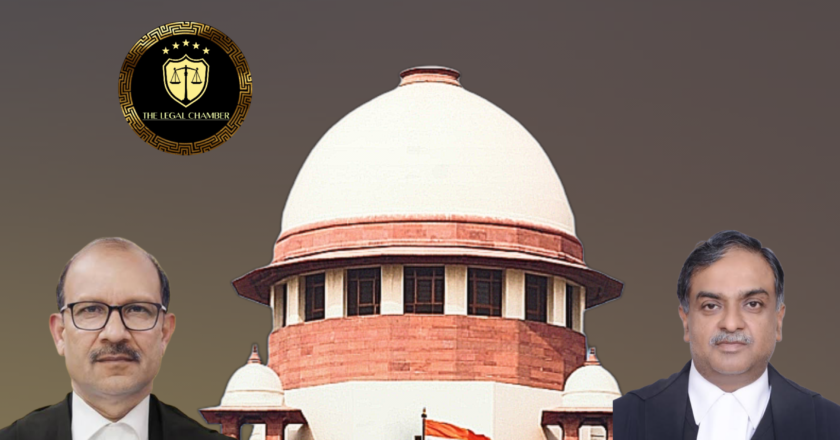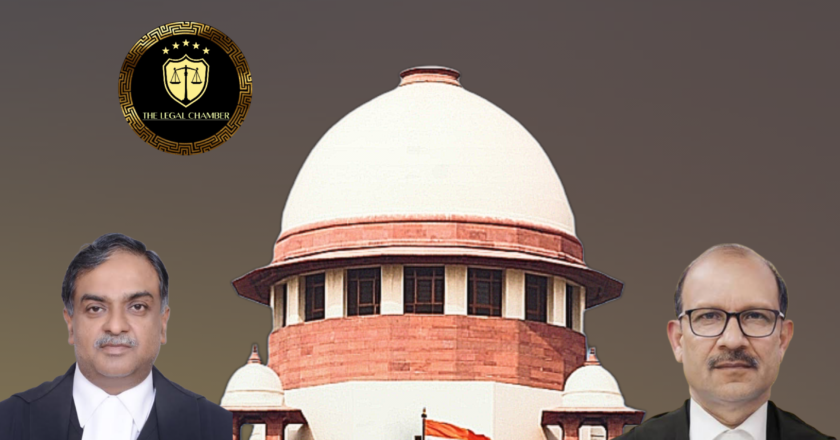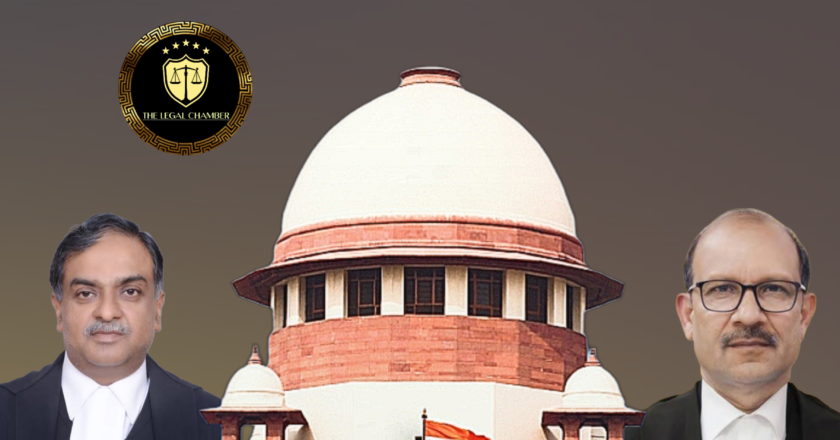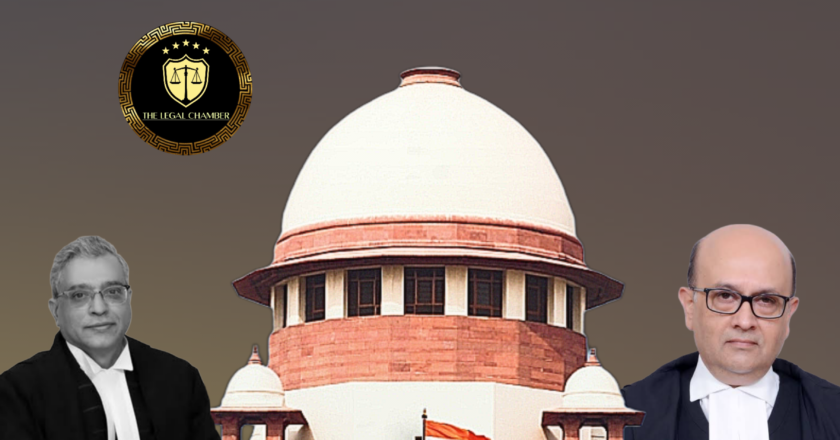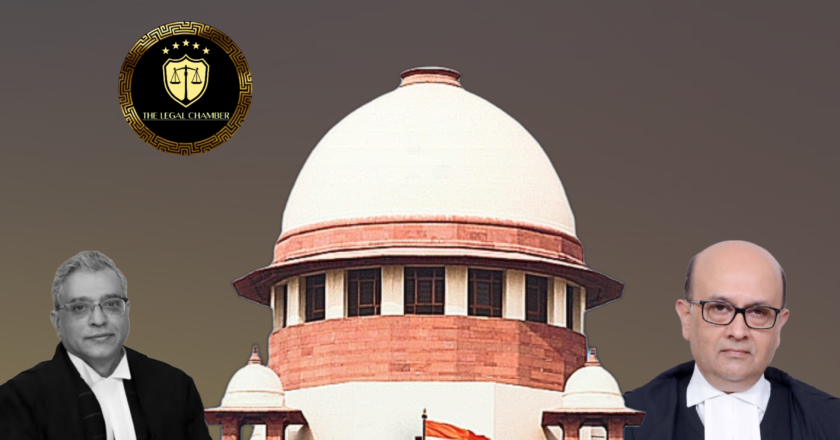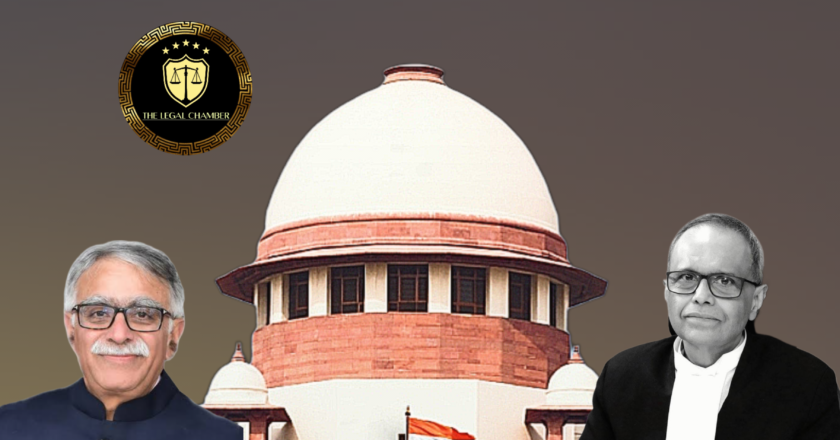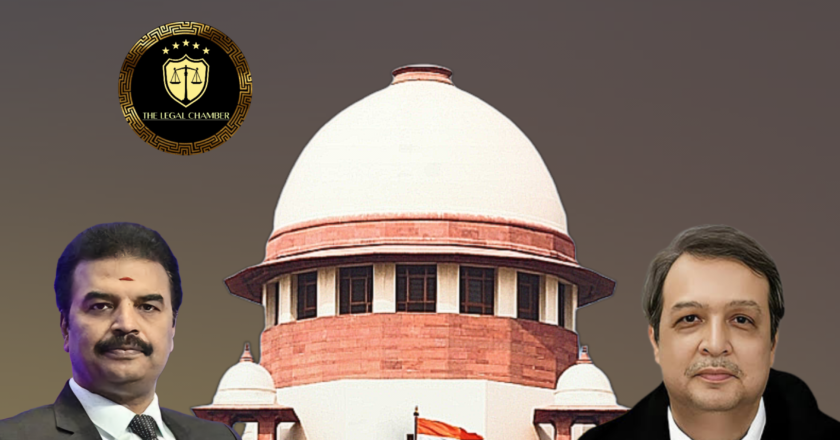Supreme Court Slams Fraudulent Litigation, Nullifies Compensation Order in Land Dispute
The Supreme Court held that judicial orders obtained through fraud are null and void, as "fraud unravels everything." It emphasized that suppression of material facts vitiates proceedings, regardless of the court's hierarchy. The doctrine of merger does not apply to fraudulent judgments. The Court recalled its earlier order and remanded the case to the High Court for fresh adjudication, affirming that fraud is an exception to finality in litigation. Procedural technicalities cannot shield fraudulent litigants from judicial scrutiny.
Facts Of The Case:
The case involves a dispute over land ownership and compensation between Vishnu Vardhan, Reddy Veeranna, and T. Sudhakar. The trio jointly purchased land in Gautam Budh Nagar, Uttar Pradesh, in 1997, which was later acquired by NOIDA in 200...

